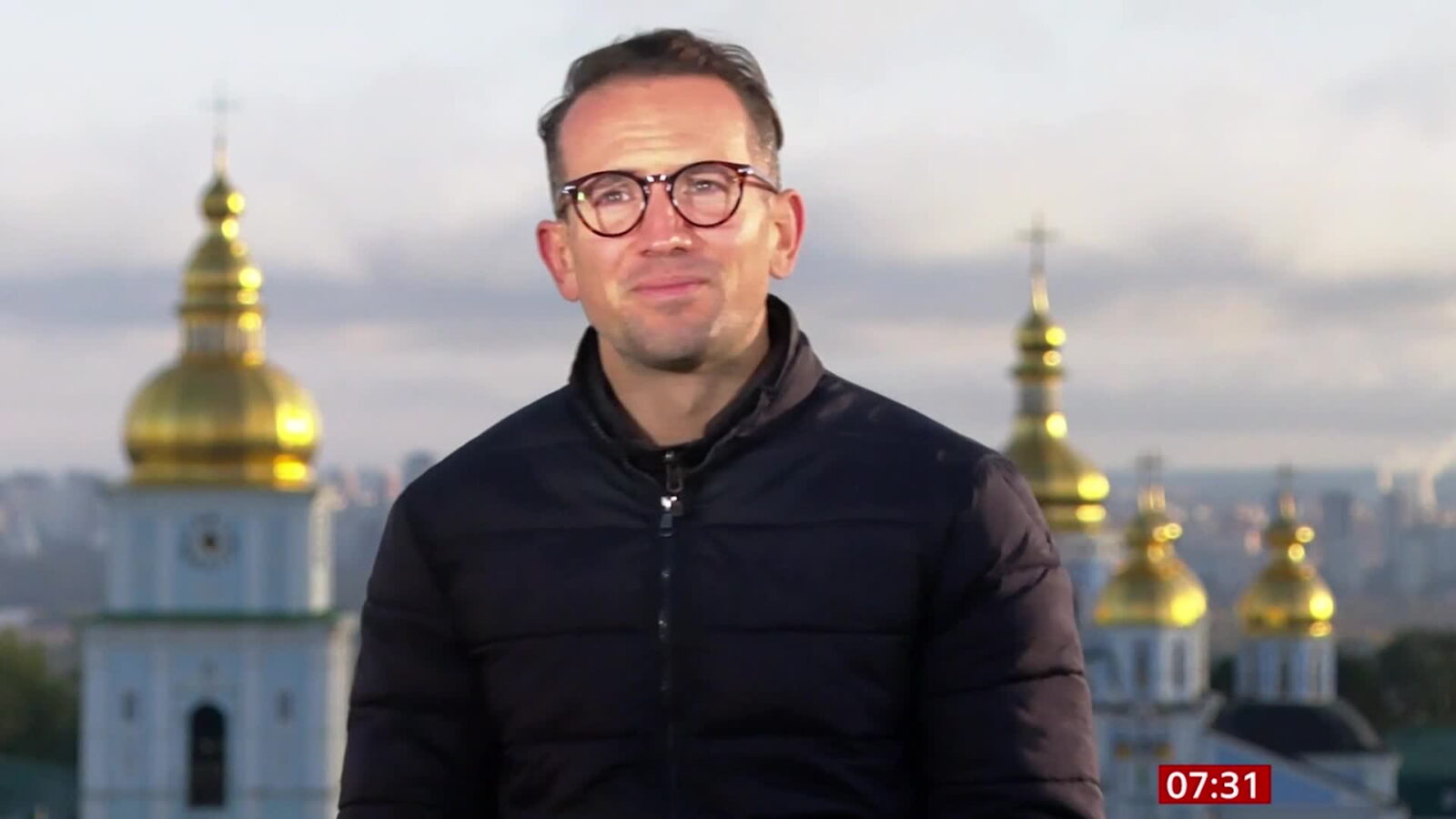Introduction to Hugo Bachega and His Background
Hugo Bachega is a prominent journalist known for his insightful reporting and unique communication style, which is partly attributable to his rich multicultural heritage. Born in the vibrant city of São Paulo, Brazil, Hugo represents a confluence of cultures, having spent significant time in both Brazil and the United Kingdom. This blend of backgrounds is pivotal in understanding the nuances of his accent and the manner in which he expresses ideas. His journey as a journalist began at an early age, fueled by a passion for storytelling and a desire to connect with people from various walks of life.
Having embarked on his professional career in journalism during his late teens, Hugo quickly developed a keen interest in international affairs, politics, and human stories that resonate across diverse cultures. His pursuit of higher education in communication and media studies further honed his skills, allowing him to articulate complex ideas with clarity and a distinct perspective. This academic grounding laid the foundation for his subsequent roles in various media outlets, where he covered news stories from around the globe.
Hugo’s accent reflects the multitude of influences he has encountered throughout his life. His time living in different countries has not only enriched his linguistic abilities but also provided him with a unique worldview that shapes his reporting style. Through this multifaceted background, Hugo Bachega has become adept at engaging audiences on complex issues while ensuring that the cultural subtleties embedded in his speech resonate effectively. Understanding these elements is essential for grasping the essence of his accent and the broader communication strategies he employs in his journalism. As we delve deeper into his work and interactions, it becomes evident that his heritage and experiences are integral to his professional identity.
The Linguistic Features of Hugo Bachega Accent
Hugo Bachega Accent stands as a distinct marker of his identity, shaped by both regional influences and individual phonetic characteristics. Growing up in Brazil before transitioning into an international career, his accent intertwines elements from his native Brazilian Portuguese with nuances from his extensive experiences abroad, particularly in English-speaking environments. This linguistic blend not only offers authenticity but also enriches his narrative style, making his storytelling captivating and relatable to a diverse audience.
One prominent feature of Bachega’s accent is his unique pronunciation of certain phonemes. For instance, when articulating English vowels, he displays a specific modulation that reflects his Brazilian roots. This may involve the pin and pen merger, where vowel sounds are subtly altered, creating a softer articulation that is unique to his speech. Additionally, the influence of his mother tongue manifests in his treatment of consonants, leading to a distinct sibilance that characterizes his enunciation, particularly noticeable in plosive sounds.
Intonation is another vital aspect of Bachega’s accent, contributing to the melodic quality of his speech. His patterns of pitch and rhythm often reflect an emphatic delivery, which is particularly effective in journalism. By manipulating tone, he effectively highlights critical points and emotions within his storytelling, thereby engaging listeners on multiple levels. The rhythmic pacing of his speech further accentuates this effect, harmonizing with the narrative flow and enhancing clarity.
These linguistic features of Hugo Bachega Accent not only set him apart as a journalist but also enrich the texture of his reports. By embracing his accent as an integral part of his identity, he fosters a deeper connection with his audience, transforming the way stories are received and understood. It stands as a testament to how personal accents can reflect broader cultural narratives while enhancing the communicative experience.
Cultural Impact of Hugo Bachega Accent on His Work
Hugo Bachega Accent serves not merely as a personal characteristic but as a significant cultural element that enhances his effectiveness as a journalist. His accent, shaped by his Latin American heritage, creates a distinct auditory signal that often resonates with audiences who share similar backgrounds. This familiarity fosters a sense of trust and connection, making his reporting more relatable to viewers who may otherwise feel estranged from mainstream media narratives. Additionally, the accent contributes to a broader cultural awareness, acting as a bridge across various listener demographics.
In a world where news is increasingly globalized, the ability to engage diverse audiences is paramount. Bachega’s accent plays a critical role in this engagement by presenting news reports with an authenticity that resonates profoundly. His accent has a unique ability to convey the nuances of different cultural contexts, allowing audiences to perceive not only the content of his reports but also the emotions and experiences behind them. This is particularly relevant in regions where cultural identity remains a vital aspect of the societal fabric, as it allows for a more nuanced and humanized perspective on complex issues.
Moreover, Bachega has often used his accent to highlight the stories of marginalized communities, bringing their voices to the forefront. In extensive coverage of socio-political events, his accent serves as a reminder of the stories behind the statistics, thereby enriching the narrative quality of his journalism. By doing so, he cultivates a greater understanding among his viewers, fostering a more inclusive conversation around topics often perceived as distant or disconnected from their lived experiences. This interplay between his accent and journalistic integrity underscores his commitment to delivering news that not only informs but also resonates at a personal level.
Conclusion
In reviewing the unique charm of Hugo Bachega Accent, it becomes clear that accents carry profound cultural significance that transcends mere phonetic differences. Bachega’s accent serves as an embodiment of his diverse background and experiences, contributing to a rich tapestry of linguistic diversity in the realm of media and journalism. This specific accent not only highlights his personal history but also reflects the broader narrative of communication across varying geographical landscapes.
The exploration of Hugo Bachega Accent reinforces the idea that accents are not simply a means of communication; they also encapsulate personal narratives, cultural identities, and regional affiliations. They tell stories of migration, adaptation, and the interconnectedness of global communities. By embracing accents like Bachega’s, society can foster a greater understanding of multiculturalism and the inherent value of diverse perspectives in storytelling. Each accent offers its own unique rhythm and melody, contributing to the dynamics of conversation and media representation.
Furthermore, the significance of embracing different speech patterns extends beyond the individual level, impacting collective perceptions in journalism and other fields. Acknowledging the contributions of varied accents can challenge stereotypes and create a more inclusive environment. As audiences engage with content from diverse voices, they gain insights that can enrich their understanding of complex issues and promote empathy across cultural divides.
Ultimately, appreciating the uniqueness of accents like Hugo Bachega’s is essential for celebrating the diversity of human expression. By recognizing and valuing different speech patterns, we contribute to a more inclusive dialogue, encouraging empathy and connection among all people. Such appreciation can only serve to enhance our collective communication and understanding in an increasingly interconnected world.


Leave a Reply